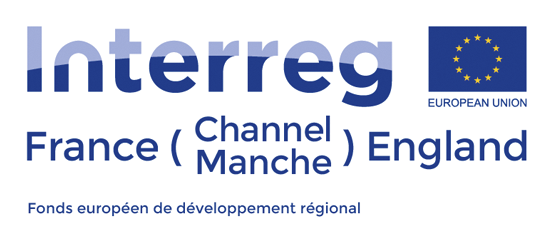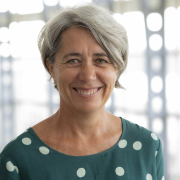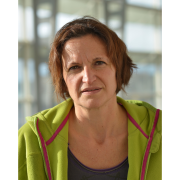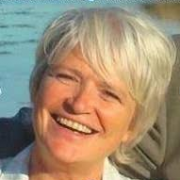Copyright : Laboratoire LEMAR- 2018
Claire Hellio
Interreg France England – 2.9M€

Start Date
03/04/2025
End Date
03/04/2025
A critical environmental challenge of the Channel region is that coastal waterbodies used by humans have elevated nutrient levels caused by inputs of fertilizers and human waste. This water quality reduction causes excessive growth of plants (termed eutrophication). Coastal eutrophication results in the growth of green algal mats on intertidal mudflats covering thousands of hectares.
The RaNTrans project will be the first to develop and test innovative and cost-effective methods that will rapidly reduce algal mat coverage and contribute to reductions in nutrient levels. Using two sites per country the partners will develop algal mat removal and nutrient reduction techniques specific for intertidal mudflats. These include:
– Mechanical removal of algal mats;
– Feeding algal mats to polychaete worms and converting these to aquaculture feed;
– Establishing and optimising seaweed culture and European oyster aquaculture.
The project will also develop novel uses of algal mats by extracting chemicals with human health benefits. By developing the business potential of these sustainably-produced outputs the project will show how biodiversity preservation and environmental improvements can underpin regional job creation as oysters, aquaculture feeds and seaweeds are multibillion-dollar industries.
The project’s goals are also to reduce nutrients that will not only generate societal and economic benefits, but 5 years post-project will increase the FCE percentage of TAC (Transitional and Coastal) water bodies with Good Ecological Status (GES) by 20%.
Laboratory Members
Contributors
Partenaires britanniques
- Portsmouth University (chef de file)
- Bournemouth University
- Sustainable Feeds Ltd
- Centre for Environment
- Fisheries and Aquaculture (CEFAS)
- Nature England
Partenaires français
- Université de Caen Normandie
- Centre d’Etude et de Valorisation des Algues (CEVA)
- ALEOR
- ARGANS France










